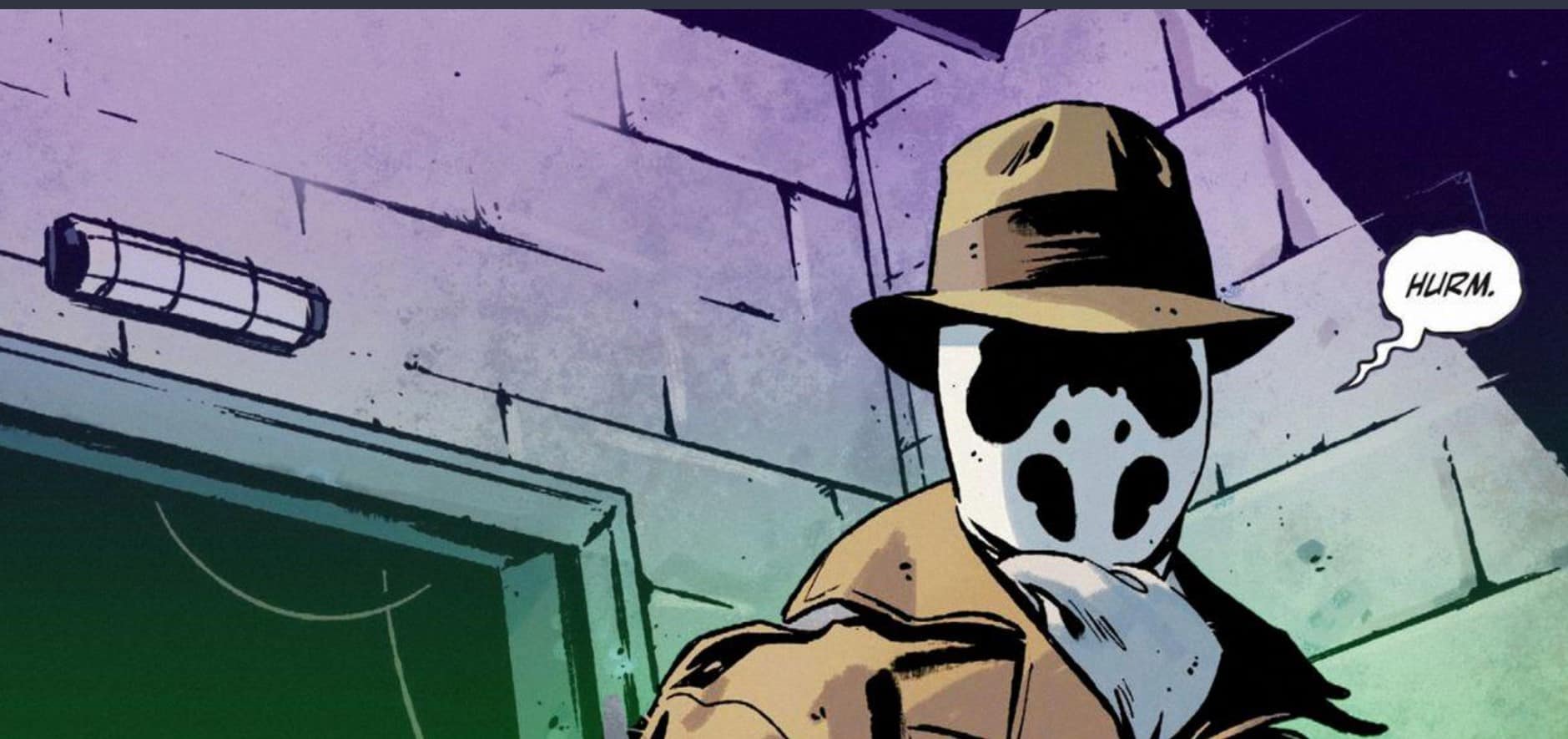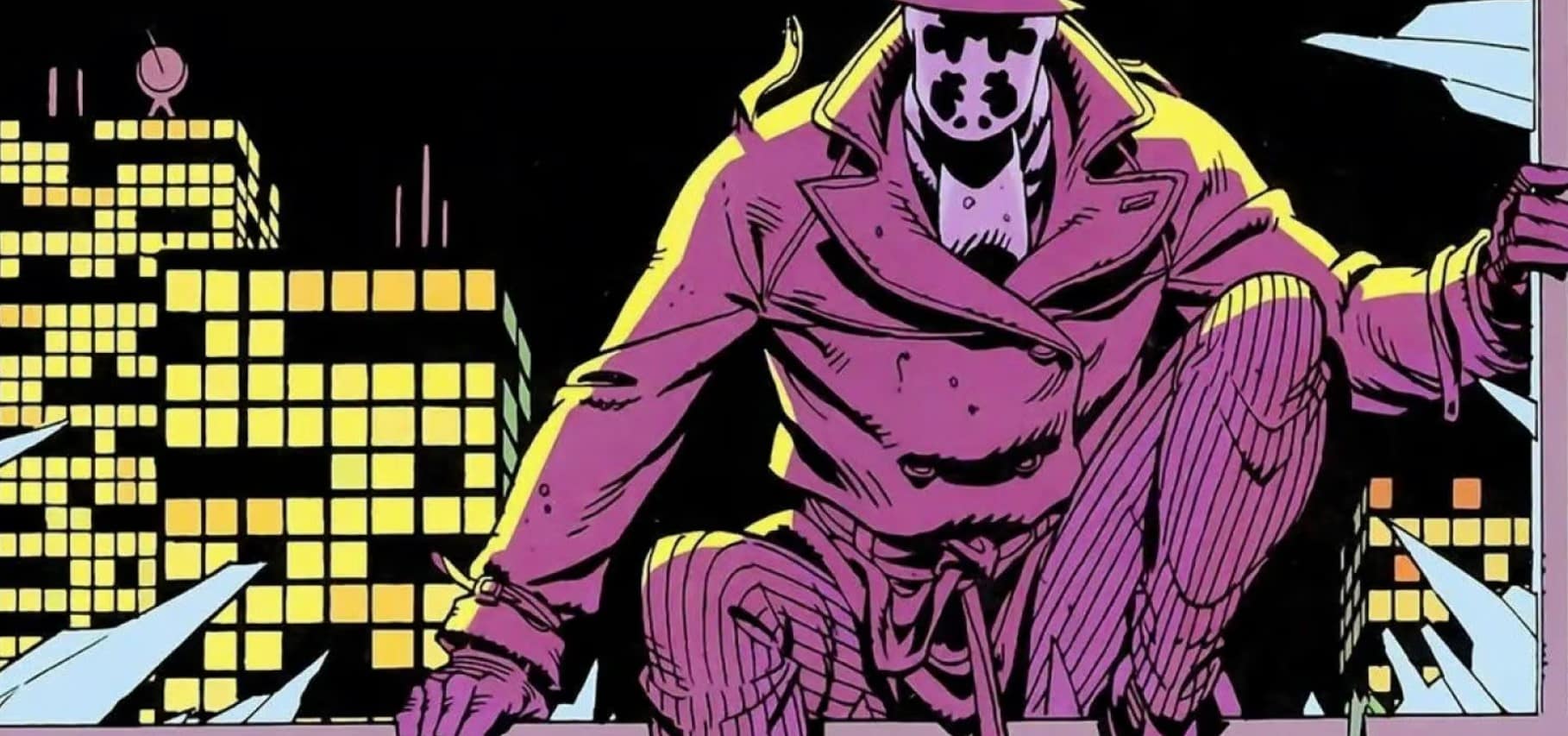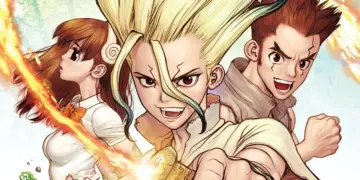Watchmen is both a great comic book series by Alan Moore and Dave Gibbons and a cult-following series adaptation. In it, the story has a few things that might leave you wondering about a thing or two.
During the story’s character development, Watchmen presents a complex narrative that delves into themes of power, responsibility, and the moral gray areas of superheroism. In this analysis, we will explore the pivotal moment when Dr. Manhattan, a godlike being with near-infinite power, ultimately decides to kill Rorschach, a morally rigid vigilante driven by an unwavering dedication to justice.
Character and Story Context
Watchmen take place in an alternate history during the Cold War era; Watchmen showcases a world on the brink of self-destruction, where costumed vigilantes are a part of society.

Dr. Manhattan, formerly Jon Osterman, became a living god after a scientific accident endowed him with extraordinary powers. His detachment from humanity and his perception of time as a simultaneous whole make him a complex and philosophical character.
Rorschach, alter ego of Walter Kovacs, stands in stark contrast to Dr. Manhattan. Driven by a strict moral code, Rorschach embodies the uncompromising pursuit of justice, even if it means sacrificing personal relationships or resorting to brutal methods. His infamous mask, which constantly shifts in shape and pattern, reflects the ever-changing nature of truth and morality.
Events Leading to the Fight
The central conflict in Watchmen arises when Rorschach uncovers a conspiracy that threatens global stability. Discovering that Adrian Veidt, also known as Ozymandias, plans to unite humanity against a common enemy through mass destruction, Rorschach insists on exposing the truth to prevent a deceptive peace. In contrast, Dr. Manhattan, fully aware of Veidt’s plan, argues in favor of allowing the deception to avoid global annihilation.
Motivations and Character Evolution
Dr. Manhattan’s evolution throughout the story is marked by a growing detachment from humanity. Having acquired immense power and an understanding of the universe, he begins to view human existence as fleeting and inconsequential.
This perspective prompts his belief that the ends may justify the means, leading him to condone Veidt’s drastic plan. Conversely, Rorschach remains unwavering in his pursuit of truth and justice, refusing to compromise his principles.
His rigid morality and inability to accept compromises make him a formidable adversary for Dr. Manhattan, who sees the world through a more detached lens. Rorschach’s refusal to compromise on exposing Veidt’s actions ultimately forces Dr. Manhattan into a difficult decision.
The Death
When Rorschach realizes that Dr. Manhattan intends to kill him to protect Veidt’s secret, he decides to reveal the truth to the world regardless of the consequences. In response, Dr. Manhattan uses his godlike powers to disintegrate Rorschach, effectively silencing him and preserving the fragile peace.
Alternative Outcomes and Their Implications
Had Dr. Manhattan spared Rorschach’s life, it would have disrupted Veidt’s plan and likely led to a global catastrophe. Rorschach, being a principled and relentless truth-seeker, would have undoubtedly exposed Veidt’s actions, shattering the fabricated peace. However, this alternative outcome would have also exposed humanity to the horrors of Veidt’s actions, potentially causing widespread chaos and further loss of life.
Also Read Top 45 TV Shows You Should Watch If You Liked the Series ‘See’
Impact on the Story and Characters
Dr. Manhattan’s decision to kill Rorschach highlights the central themes of power and responsibility. Driven by the belief that he alone can perceive the grand scheme of things, Dr. Manhattan assumes the responsibility of making difficult decisions for the greater good. This tragic act showcases the dangers of absolute power, illustrating how it can lead to the sacrifice of individual liberties and justice.
Rorschach’s death deeply affects the remaining characters, reflecting the moral dilemmas they face. Silk Spectre and Nite Owl, who initially supported Veidt’s plan, are left grappling with the moral implications of their choices. They bear the burden of Rorschach’s unwavering integrity, pushing them to reconsider their own compromise.

Wrapping Things Up
The killing of Rorschach by Dr. Manhattan in Watchmen represents a clash of ideologies between an all-powerful being who sees the bigger picture and a morally rigid vigilante who refuses to compromise. Dr. Manhattan’s decision underscores the themes of power, responsibility, and the moral complexities of superheroism.
The alternative outcomes would have led to disastrous consequences, and Rorschach’s sacrifice forces the remaining characters to confront their own compromises. Ultimately, Watchmen serves as a cautionary tale, urging readers and viewers to consider the consequences of unchecked power and the delicate balance between morality and pragmatism.





